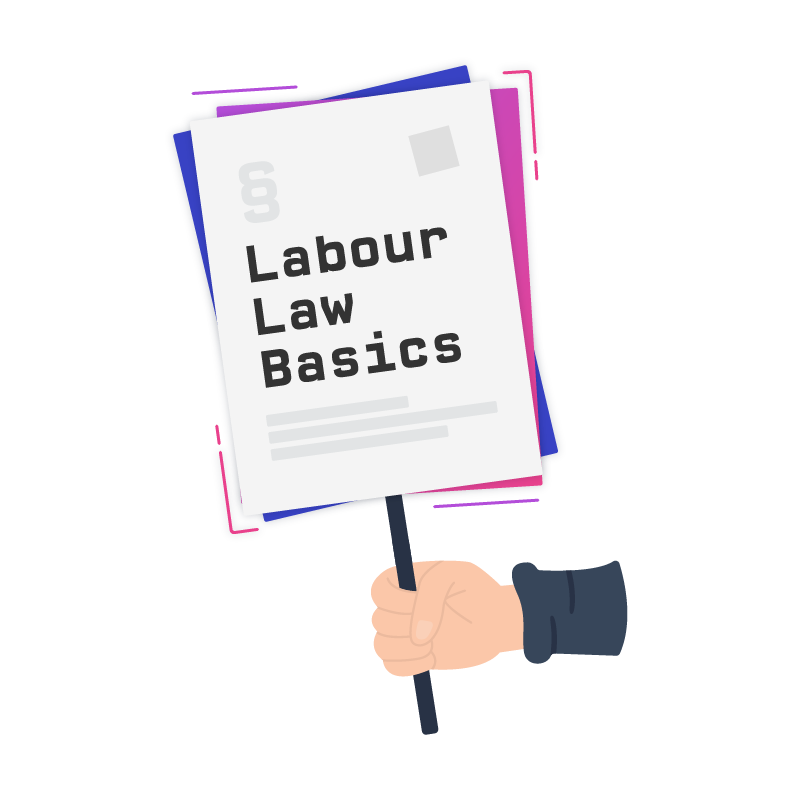Labour Law Basics

“Call Me Maybe?” – Time for Healthy Working Hours
Standby duty (Bereitschaftsdienst) requires you to be present at your workplace. That is why it counts as regular working time. On-call duty (Rufbereitschaft) merely requires that your employer can reach you, no matter where you are. Thus, it does not legally count as working time. Only the time you actually work during your on-call duty does. Together with your regular working hours, this effective working time may not exceed the statutory maximum.
Legally, on-call duty is considered a rest period. You are entitled to a minimum of eleven hours of rest (uninterrupted on-call duty) before you return to your regular work (exceptions apply.) If your employer contacts you while you are on call, your rest period starts all over again.
Your Ability to Plan and Recover
Standby duty is stressful, no matter the actual workload. It keeps you tense, always thinking about on the job, or trapped in a monotonous waiting pattern. However, you are entitled to a private life you can reliably plan and to sufficient time to rest and recover. The German Hours of Work Act defines the legal limits of work time. Less is always possible and definitely healthier.
- Proper workforce management should ensure that you can reliably plan your evenings and weekends off.
- If you take on extra standby duties, you should promptly get extra time off.
- Statutory breaks and additional rest periods should count as working time.
- Additionally, there should be regular occupational health and safety assessments.
On-call duty wears on your nerves, too. So it is crucial that
- travel time, service time, and regular working hours combined do not exceed the legal and collectively negotiated limits.
- workforce management allows for sufficient rest periods between your on-call duty and regular working hours.
- the number of on-call duty shifts per month, year, and on weekends is limited.
- on-call duty is compensated at least partially. After all, your employer benefits from it, and so should you.

